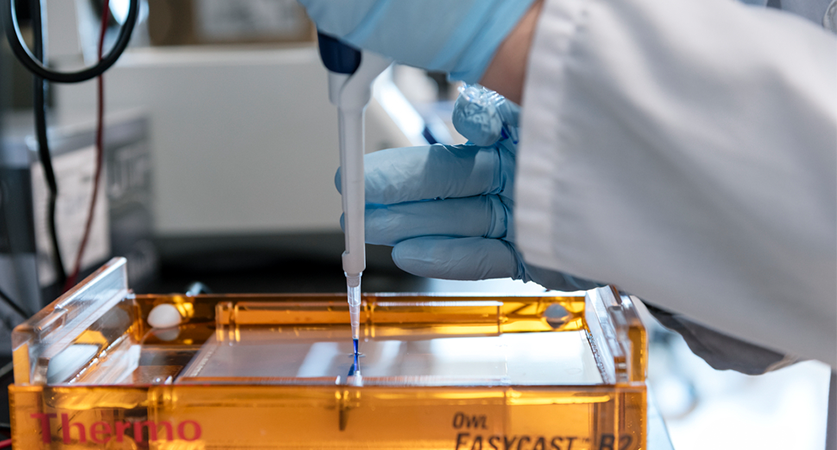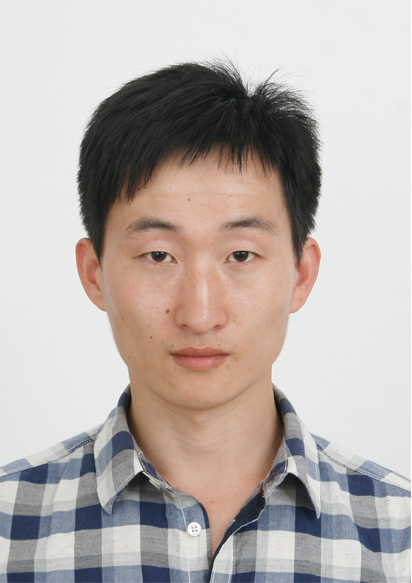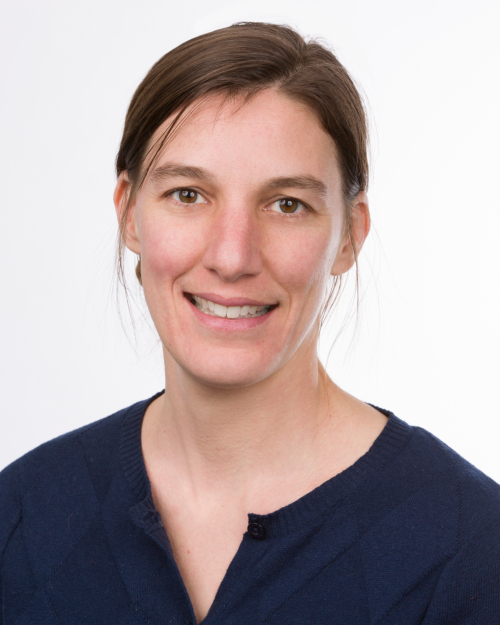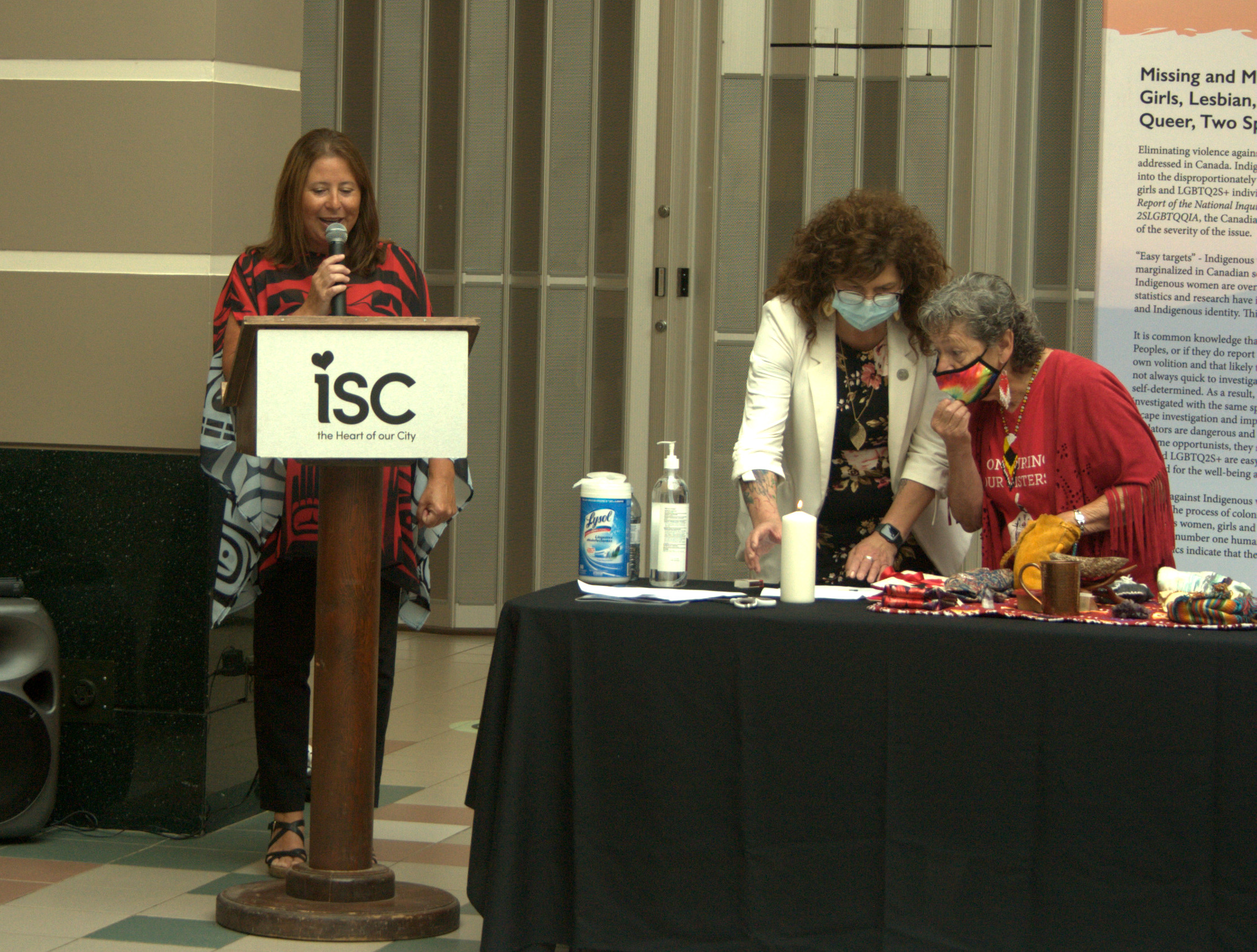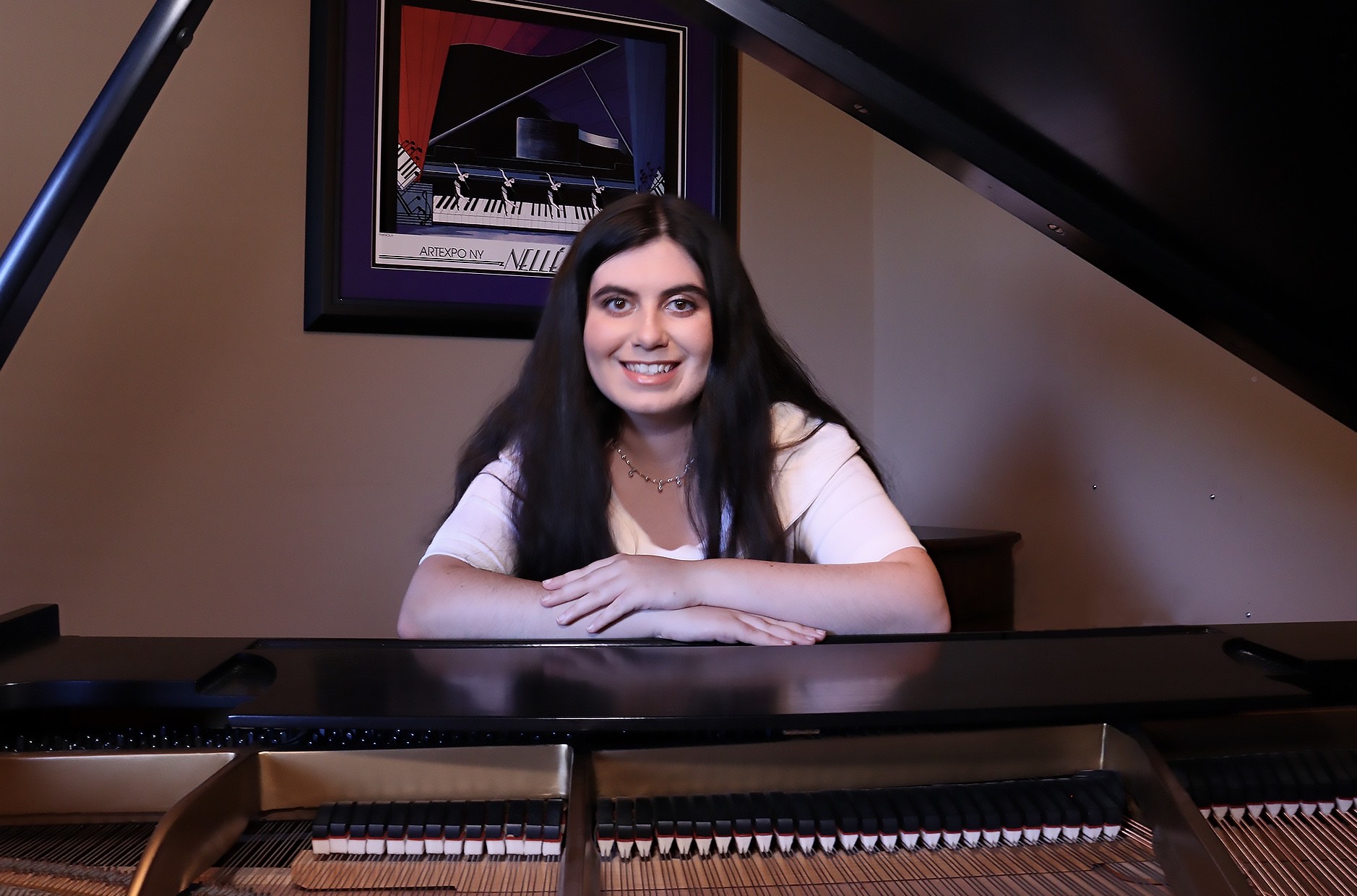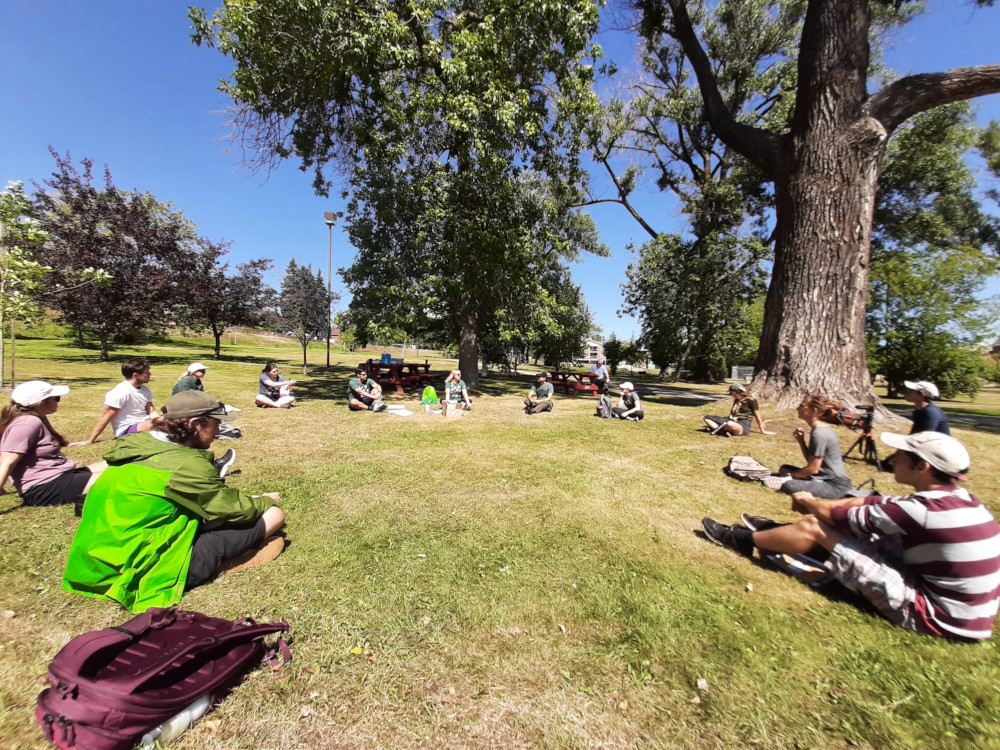
At Waverley Park on Aug. 28, field school participants were learning about
the Year of Climate Action and brainstorming for the social media campaign.
September 3, 2021 – Thunder Bay and Orillia, Ont.
Lakehead University is declaring the 2021/2022 academic year a Year of Climate Action.
“Science demands a dramatic reduction in greenhouse gas emissions in each year of this decade if we want to avoid the worst of human-caused climate change,” said Dr. David Barnett, Lakehead University’s Provost and Vice-President, Academic.
“Declaring a Year of Climate Action supports Lakehead University's commitments to social responsibility and sustainability, which demand that we take action to create a healthy, equitable, and sustainable future. The question is not whether we can do this, but how we will do this,” Dr. Barnett said.
Lakehead University is calling on students, faculty, and staff to envision diverse contributions – everything from events to art, workshops, panel discussions, embedding climate learning outcomes into teaching, concrete climate actions, and more.
As parts of the country are seized by drought and wildfires, the impacts of climate change are becoming harder to ignore. The most recent report from the United Nations’ Intergovernmental Panel on Climate Change, released August 9, clearly outlines that urgent climate action is needed.
On November 26, 2020, Lakehead University confirmed its leadership on climate change by announcing it is divesting its endowment of fossil fuel stocks, the sixth Canadian university to do so.
Lakehead University is declaring the 2021/2022 academic year a Year of Climate Action (YOCA) to build on this divestment leadership and recognize the need for more bold steps to tackle climate change.
This includes recognizing the causes and consequences of climate change, and the steps that we collectively need to take to restore our relationships with each other and the land. The YOCA is as much an opportunity to engage in climate mitigation and adaptation as it is an opportunity to reflect on the 94 Calls to Action of the Truth and Reconciliation Commission and how our actions should advance social, environmental and climate justice, including intergenerational inequity.
“The idea for the YOCA came from Dr. Lindsay Galway, Canada Research Chair in Socio-Ecological Health, and a member of the Lakehead University Sustainability Stewardship Council (LUSSC),” said Ledah McKellar, Lakehead’s Sustainability Coordinator.
“Both LUSSC and its Climate Action Working Group are committed to considering how Lakehead University can be a leader in cultivating and taking climate action. As a university, our mandate is to educate the future leaders of society. But we also recognize our responsibility to model climate leadership.”
Over the past two years, Lakehead University has placed in the top 100 universities globally for the Times Higher Education Global Impact Rankings, the only assessment in the world that measures institutions of higher education on their performance related to the United Nations Sustainable Development Goals.
Sustainability is a core value of Lakehead University, as is reflected in its Strategic and Academic Plans. In 2019, the University launched its inaugural Sustainability Plan, further demonstrating its commitment to be a leader in sustainability and social responsibility.
“Many of our students, as well as our staff and faculty, have been voicing their climate concerns and the YOCA draws inspiration from their leadership,” said Dr. Galway, who is a member of the YOCA Coordinating Committee and Climate Action Working Group.
“I am inspired by the visionary members of our university community who have joined the YOCA Coordinating Committee and are volunteering their time to make the YOCA happen. Our team recognizes that we have a critical window of opportunity for taking climate action seriously,” Dr. Galway added.
Lakehead’s Year of Climate Action requires just that: action.
As a first step, the Climate Action Working Group will work toward the following concrete actions identified by LUSSC members: installing EV charging stations on both campuses, providing training on climate change to faculty, increasing the visibility of the Lakehead University Thunder Bay solar panels, and creating internal awards for research on climate change.
The YOCA will formally launch on Tuesday, Sept. 14 at 7 pm shortly after students return for the Fall semester. The launch will introduce the YOCA, as well as profile how staff, faculty and students are getting involved.
The launch will conclude with a keynote presentation from Clayton Thomas-Müller, media producer, organizer, facilitator, public speaker and writer on Indigenous rights and environmental and economic justice. Registration is required.
Following the launch, the YOCA will be populated by diverse contributions from participating faculties, offices, organizations, and individuals. The YOCA kicked off in late August with the Lake Superior Climate Action Field School, which trained a diverse group of young Canadians – poised to become regional and national climate leaders – in an experiential program of virtual workshops, community site visits, and events in coastal communities around the Lake Superior Watershed.
Other initiatives to look forward to include:
- The YOCA research Awards. Through the office of Research and Innovation, a special call for projects aimed at research connected to climate action will be launched. Up to six awards of $6,000 will be given through a competitive process. These awards will be available to faculty and students;
- An event to commemorate the one-year anniversary of Lakehead's commitment to divest from fossil fuels hosted by Fossil Free Lakehead;
- A four-part webinar series on climate action in the Lake Superior watershed hosted by the Lake Superior Living Labs Network;
- An online gathering to discuss radical Indigenous responses to the Green New Deal and climate activism, hosted by the ReImagining Value Action Lab;
- A Sustainable City Workshop on incorporating climate mitigation and adaptation into citywide infrastructure and operations led by EarthCare Thunder Bay;
- A Youth Sustainability Summit, organized by Sustainable Orillia's Youth Council and hosted by Lakehead's Office of Community Engagement and Lifelong Learning and Dr. Ellen Field, Faculty of Education;
- The World’s Future, an interactive simulation designed to teach participants new ways to learn about and take action for the UN Sustainable Development Goals, is available to classes and hosted by the Office of Sustainability
- A climate art exhibition in collaboration with Dr. Pauline Sameshima and the Lakehead Education Research Galleries;
- Weaving workshops hosted by student Brigitte Champaigne-Klassen;
- A virtual climate action book display and research guide developed by the Lakehead Library;
- Guest speaker hosted by the Faculty of Science and Environmental Studies;
- And more!
You can learn more about the YOCA at lakeheadu.ca/yoca.
– 30 –
Media: For more information or interviews, please contact Brandon Walker, Media, Communications and Marketing Associate, at (807) 343-8177 or mediarelations@lakeheadu.ca.
Lakehead University is a fully comprehensive university with approximately 9,700 full-time equivalent students and over 2,000 faculty and staff at two campuses in Orillia and Thunder Bay, Ontario. Lakehead has 10 faculties, including Business Administration, Education, Engineering, Graduate Studies, Health & Behavioural Sciences, Law, Natural Resources Management, the Northern Ontario School of Medicine, Science & Environmental Studies, and Social Sciences & Humanities. Lakehead University’s achievements have been recognized nationally and internationally, including being ranked, once again, among Canada’s Top 10 primarily undergraduate universities in Maclean’s 2021 University Rankings; as well as included in the top half of Times Higher Education's 2020 World Universities Rankings for the second consecutive year, and in the top 100 of 1,115 universities from around the world in THE's 2021 Impact Rankings (which assesses institutions against the United Nations’ 17 Sustainable Development Goals). Visit www.lakeheadu.ca.
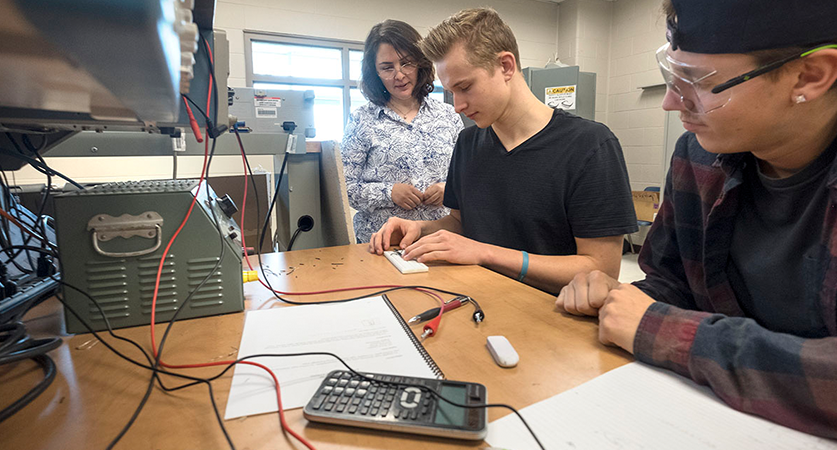



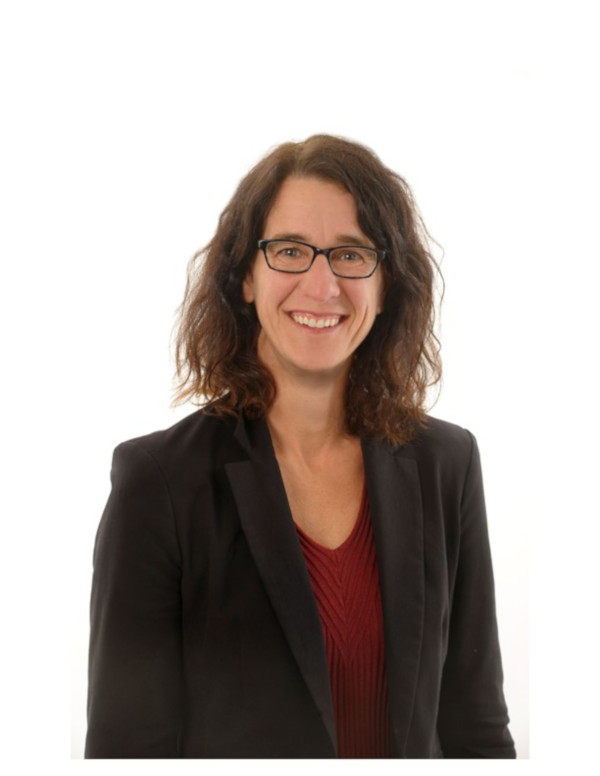
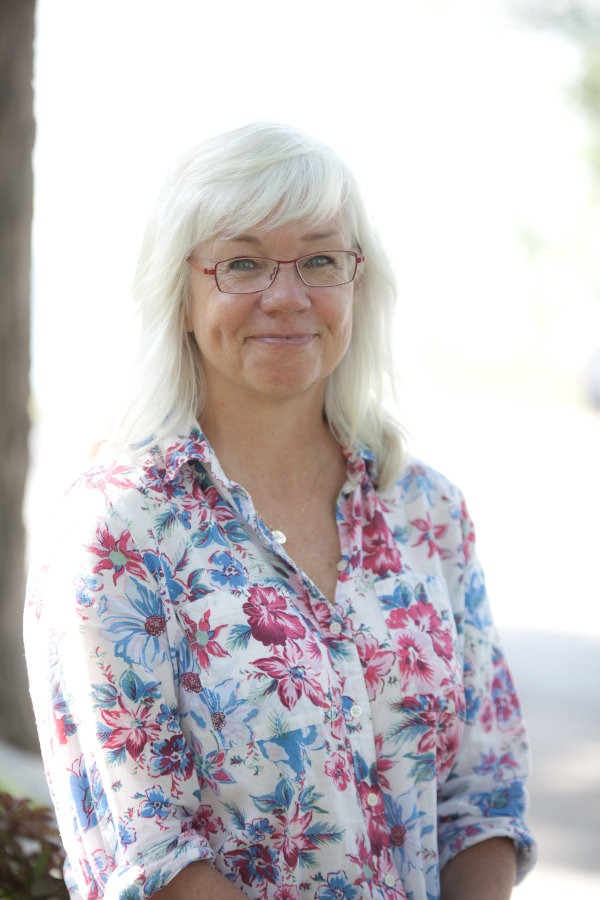

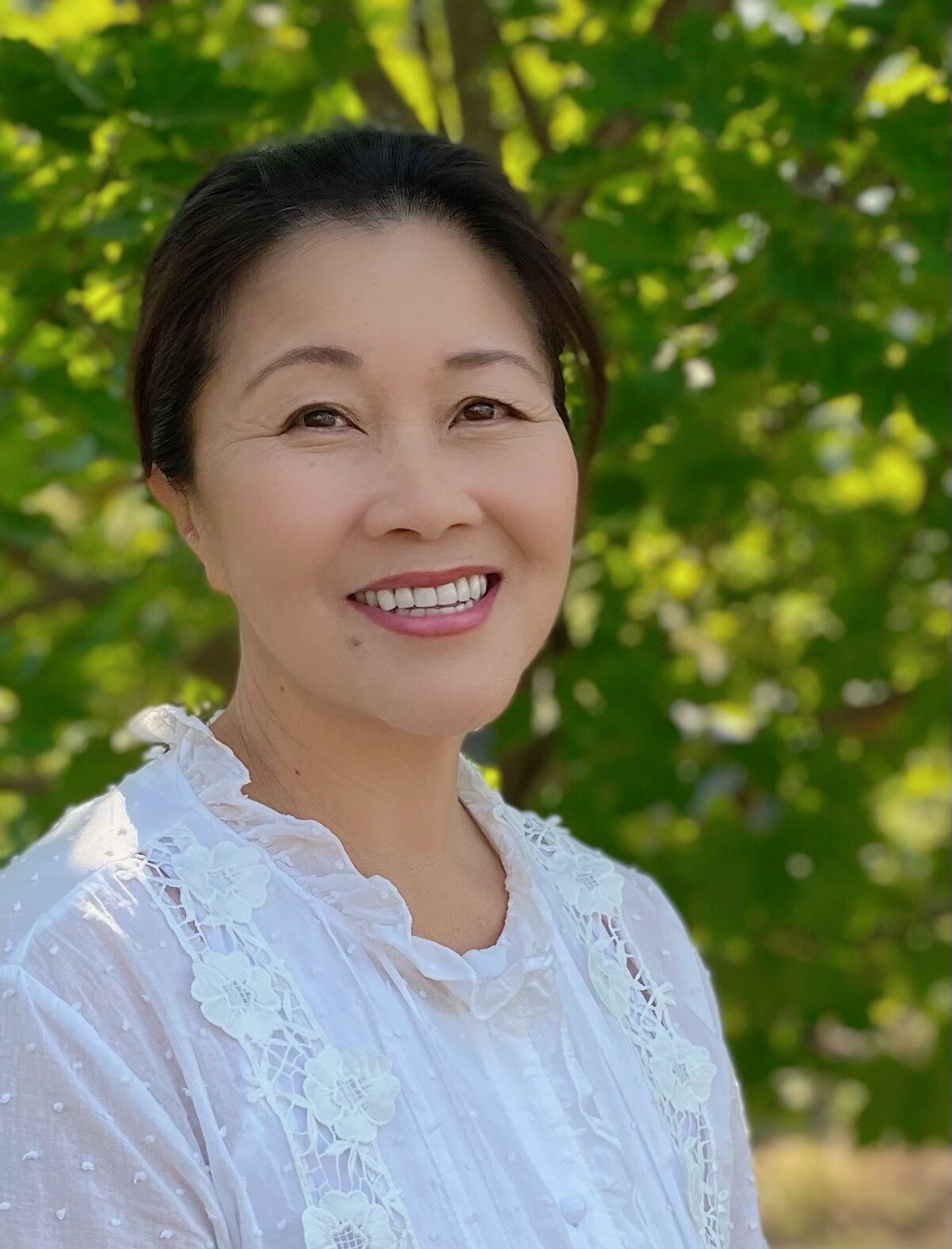 Dr. Pauline Sameshima, Lakehead University’s Canada Research Chair in Arts Integrated Studies, is
Dr. Pauline Sameshima, Lakehead University’s Canada Research Chair in Arts Integrated Studies, is 